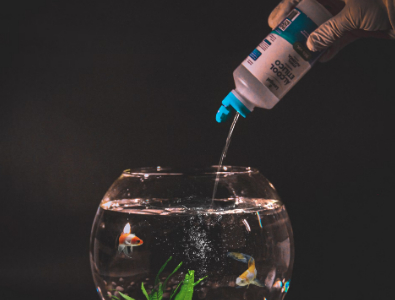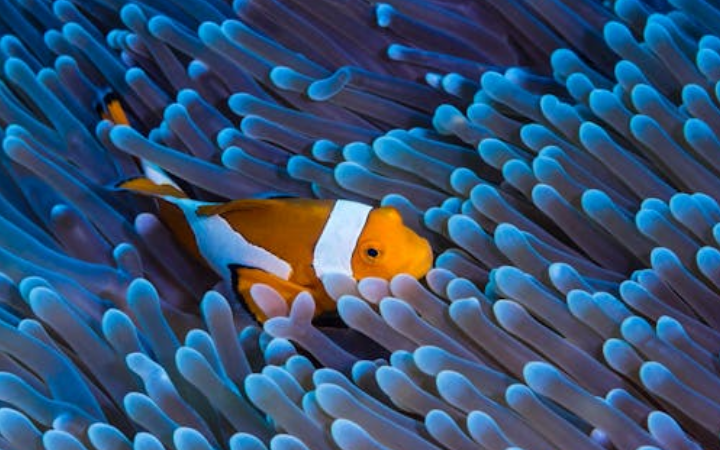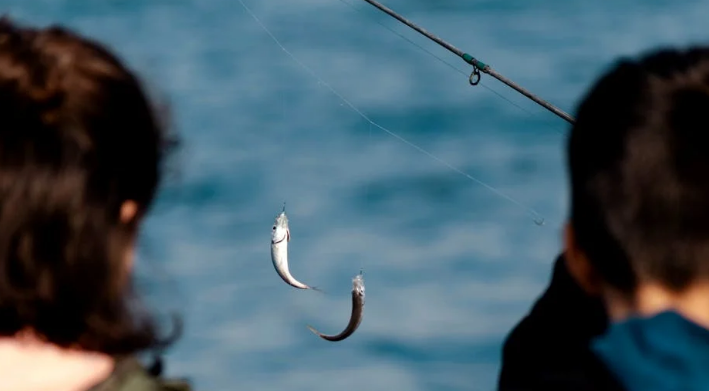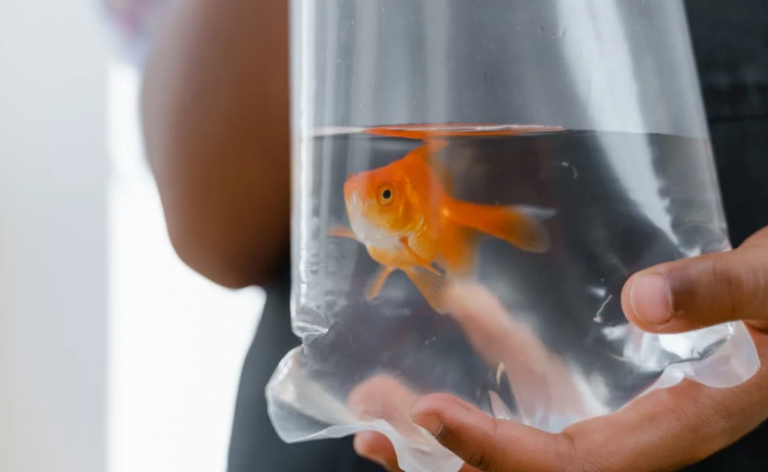If you’re a fish owner, you’ve probably wondered about the shelf life of your fish’s food. Does fish food expire? How can you tell if it has gone bad? Is it safe to feed your fish expired food? These are common questions that pet owners have. In this comprehensive guide, we’ll dive deep into the details of fish food shelf life, how to store it properly, and what to do if you suspect your fish food has expired.

Key Takeaways
- Fish food does expire, impacting its nutritional quality and potentially harming your fish.
- Signs of expired fish food include foul smell, discoloration, and mold growth.
- Proper storage can extend the shelf life of fish food.
- Alternatives and homemade options are available if you find yourself without fresh fish food.
What is Fish Food?
Fish food is specially formulated to meet the dietary needs of aquarium fish. It comes in various forms including flakes, pellets, and freeze-dried options, each tailored for different types of fish. The primary goal of fish food is to provide a balanced diet that supports the health and longevity of your aquatic pets.
Does Fish Food Expire?
Understanding Shelf Life
Yes, fish food does expire. Like any other consumable product, fish food has a shelf life. The shelf life varies depending on the type of food and its ingredients. Over time, the nutritional value of fish food diminishes, and it can become unsafe for your fish to eat.
Shelf Life Estimates by Type
- Flake Food: Typically lasts about 18 months if stored properly.
- Pellet Food: Usually has a shelf life of 2 years.
- Freeze-Dried Food: Can last up to 2 years or longer if kept in optimal conditions.
- Frozen Food: Generally safe for up to 1 year if continuously frozen.
Factors Affecting Shelf Life
Several factors can affect how long fish food remains good for consumption:
- Exposure to Air: Oxidation can degrade nutrients and spoil the food.
- Moisture: Humidity can lead to mold growth.
- Temperature: High temperatures can accelerate spoilage.
- Light: Direct sunlight can break down vitamins and nutrients in fish food.
Signs That Fish Food Has Expired
Foul Smell
One of the first indicators that your fish food has gone bad is an unpleasant odor. Fresh fish food should have a neutral or slightly fishy smell. If it starts to smell rancid or sour, it’s a sign that the food is spoiled.
Discoloration
Another sign of expired fish food is a change in color. Fresh flakes and pellets typically have a vibrant color. As they expire, they may become dull or develop an off-color.
Mold Growth
Visible mold or clumping is a clear sign that fish food has gone bad. Mold can produce toxins that are harmful to your fish, so any food showing signs of mold should be discarded immediately.
Loss of Nutritional Value
Even if fish food doesn’t show obvious signs of spoilage, it can still lose its nutritional value over time. Essential vitamins and minerals can degrade, leading to a less balanced diet for your fish.
Risks of Feeding Expired Fish Food
Feeding your fish expired food can lead to several health problems:
- Nutrient Deficiency: Old food may not provide the necessary nutrients your fish need to stay healthy.
- Digestive Issues: Spoiled food can cause digestive problems, including bloating and constipation.
- Toxin Exposure: Mold and bacteria in expired food can introduce harmful toxins into your fish’s system, potentially leading to serious illness or death.
How to Store Fish Food Properly
Air-Tight Containers
To extend the shelf life of fish food, store it in air-tight containers. This helps to prevent oxidation and keeps out moisture.
Cool, Dark Place
Keep fish food in a cool, dark place. Avoid areas with high temperature fluctuations or direct sunlight, as these can accelerate spoilage.
Use Desiccants
Including desiccant packs in your fish food storage can help to absorb excess moisture, further preserving the food’s quality.
Avoid Cross-Contamination
Always use clean utensils when handling fish food to avoid introducing contaminants that could spoil the food.
Alternatives to Commercial Fish Food
Homemade Fish Food
If you’re in a pinch, you can prepare homemade fish food using ingredients like vegetables, seafood, and gelatin. Just make sure to research the nutritional needs of your fish species to ensure they’re getting a balanced diet.
Live Foods
Some fish thrive on live foods such as brine shrimp, daphnia, and worms. These can be a good alternative or supplement to commercial fish food, especially for species that require a high protein diet.
Vegetable Diets
For herbivorous fish, fresh vegetables like zucchini, spinach, and peas can be a nutritious and safe alternative to traditional fish food.



